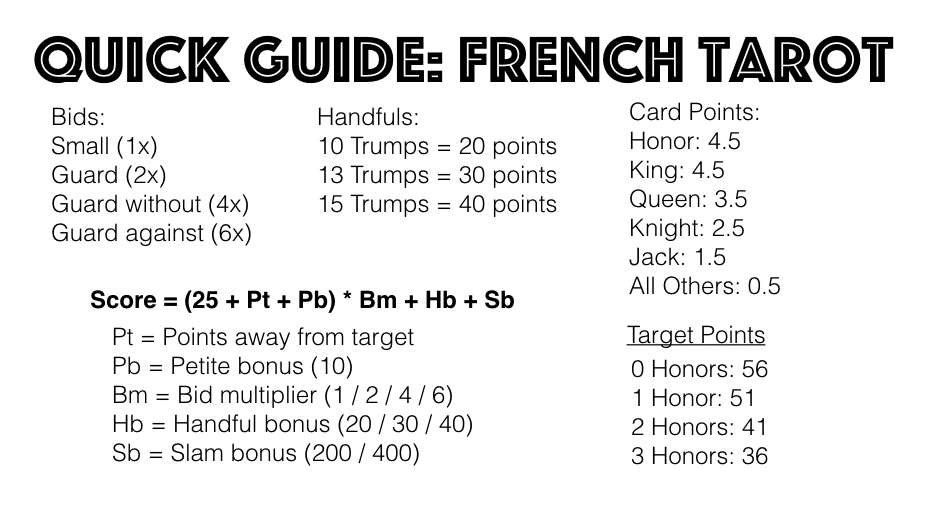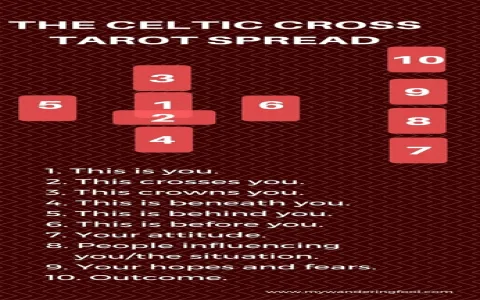Man, let me tell you about French Tarot. Not the fortune-telling stuff, but the actual card game played with trumps and the Excuse. For years, I thought I knew the rules. We played weekly with the same group, shouting over miscounted points, using these confusing ‘house rules’ that we just kind of inherited from whatever website we first learned the game on. But every time we argued, someone would pull up an obscure forum post or a blurry screenshot that just made things worse, not clearer.
The whole system felt like it was built on quicksand. Sometimes we’d award the Petit au Bout bonus to the defense even if the declarer made their contract. Sometimes we’d forget to multiply the total score for a Garde Contre. It was a chaotic mess, and frankly, it was starting to ruin the fun.
The Breaking Point and My Deep Dive
The breaking point came last month. We were playing a big game, bragging rights involved, and my buddy Leo, who always insists he’s a purist, tried to claim a huge scoring bonus for something that just didn’t sound right. We spent fifty minutes arguing about whether the official rules from the French Federation—the Fédération Française de Tarot—actually supported his claim. I got totally fed up. I decided I had to nail this down once and for all. No more guesswork. I wanted the real rules, the ones they use in the serious competitions, and I was going to document them simply.

I started by completely throwing out all the patchy English summaries I had read. I went straight to the source, wading through the official documents. Holy smokes, those things are dense. I spent a whole weekend just translating, cross-referencing, and diagramming the process. The core game—dealing, bidding (Prise, Garde, etc.)—that part is mostly standard. But the complexity explodes when you hit the scoring and the declarations.
Verifying the Contracts and the Points
The first thing I straightened out was the contract requirement. This is fundamental, but surprisingly often messed up. You need to know exactly how many card points you need based on the number of Bouts (the 1 of Trumps, the 21 of Trumps, and the Excuse) you captured.
- Four Bouts (Impossible, obviously): Requires 35 points.
- Three Bouts: Requires 36 points.
- Two Bouts: Requires 41 points.
- One Bout: Requires 51 points.
- Zero Bouts: Requires 56 points.
Before this deep dive, my group was trying to calculate 5 points for every single point card, and we always got lost. The official way is much easier: you only count the Bouts and the Kings/Queens/Knights/Jacks. They always come in pairs—a pair is worth 5 points—and the Bouts are worth a precise 4.5 points each. We had been grossly overcomplicating the point counting for years. I forced myself to count every captured card pair correctly, and it made the calculation so much cleaner.
Mastering the Score Math: It’s All About the Multiplier
The scoring itself isn’t complicated math, but the application is crucial. Once you figure out if you made your contract (the target number is hit), you apply the 25-point bonus or penalty. But then comes the real kicker: the multipliers. This is where games are won and lost, and we consistently under-scored ourselves.
I implemented a strict adherence to the multipliers based on the initial bid, because ignoring them makes the game meaningless:
- Prise: Score is multiplied by 1.
- Garde: Score is multiplied by 2.
- Garde Sans: Score is multiplied by 3.
- Garde Contre: Score is multiplied by 4.
Think about that. If you pull off a great Garde Contre and win by 30 points, that base 55-point win (30 + 25) turns into a whopping 220 points! We practiced hands specifically targeting the higher bids just to internalize this multiplication factor.
The Dreaded Declarations and the Petit
Two things absolutely kill new players: the Petit au Bout and the Poignée (Handfuls).
The Petit (Trump 1): I confirmed the rule that everyone argues about. If the Petit is taken in the very last trick, it earns the captor 10 extra points (20 for a Garde, 30 for Sans, 40 for Contre). And yes, the Excuse can mess with this. If the Excuse is played on the very last trick and is returned to the declarer’s tricks (as per the rules), the Petit au Bout bonus is awarded as if the Excuse wasn’t there. If the defense takes the Excuse on the last trick, they get the bonus. It took me drawing three different scenarios to finally lock that down.
The Poignée: My old group was lazy and declared these whenever they felt like it. I enforced the official rule: you must announce your Poignée (10, 13, or 15 trumps) before the first card is led. No cheating! And the scores are fixed: 20, 30, 40 points, which are then applied to the whole score before the multiplication factor. I made a mental checklist to declare before the first lead, even when I had only 10 trumps.
Learning the actual rules has completely changed how we play. It stopped the arguments instantly. When someone now tries to pull some ancient house rule out of thin air, I just whip out my simplified guide and shut them down. It was a chore to dig through all that French bureaucracy, but now I feel confident teaching the game to anyone who asks. Go official. It makes the game so much cleaner and way more fun when you know exactly what you’re aiming for.







